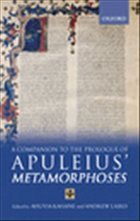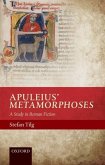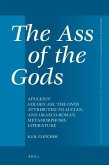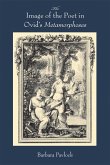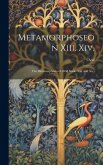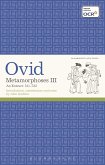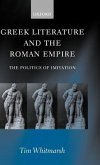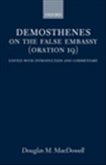Nowadays we can judge books by their covers. In antiquity, when a 'book' was a papyrus roll, its first few words advertised the nature of the text to follow. The Prologue of Apuleius' innovative novel, the Metamorphoses (or Golden Ass), is an extraordinary example of a programmatic opening, which has captivated readers and scholars from the Renaissance to the present day. This short text raises a variety of important questions about liberty, and about historical and linguistic interpretation. Along with a new text and translation of the Prologue, the twenty-four discussions in this volume, commissioned from internationally known specialists, cover issues ranging from philosophy and cultural history to intertextuality and Latinity. This collection of essays combines the broader perspectives of an interdisciplinary anthology with the closer focus of a traditional commentary. As a model for collaborative work, it displays the strength and diversity of existing approaches to ancient texts and is designed to stimulate new developments in the study of classics and later literatures.
The Prologue of Apuleius' innovative novel, the Metamorphoses (or Golden Ass), has captivated readers and scholars from the Renaissance to the present day. This volume contains a new text and translation of the Prologue and a wide range of essays which highlight its importance for students of Classical literature and modern literary theory.
The Prologue of Apuleius' innovative novel, the Metamorphoses (or Golden Ass), has captivated readers and scholars from the Renaissance to the present day. This volume contains a new text and translation of the Prologue and a wide range of essays which highlight its importance for students of Classical literature and modern literary theory.

